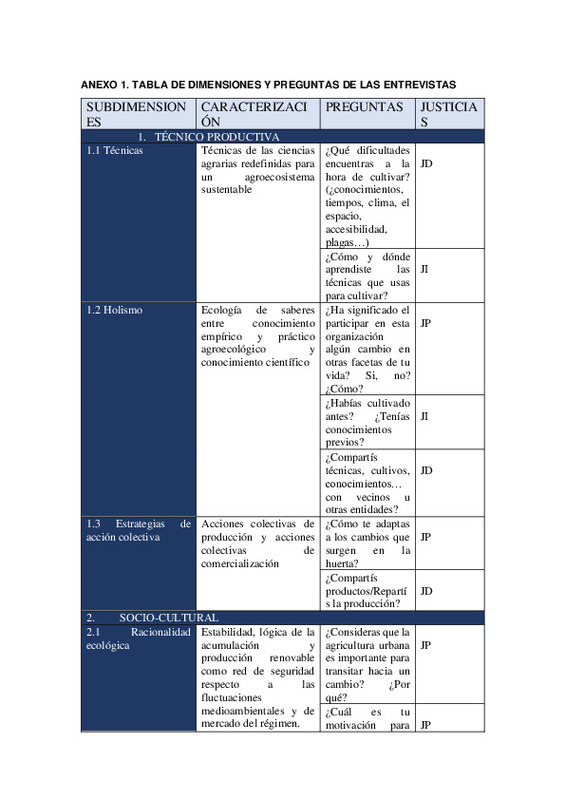JavaScript is disabled for your browser. Some features of this site may not work without it.
Buscar en RiuNet
Listar
Mi cuenta
Estadísticas
Ayuda RiuNet
Admin. UPV
Agricultura urbana justa. Análisis comparativo de su aplicación en dos regiones SIPAM, Valencia (España) y Chiloé (Chile)
Mostrar el registro completo del ítem
Vilasís Pamos, J. (2023). Agricultura urbana justa. Análisis comparativo de su aplicación en dos regiones SIPAM, Valencia (España) y Chiloé (Chile). Universitat Politècnica de València. http://hdl.handle.net/10251/198935
Por favor, use este identificador para citar o enlazar este ítem: http://hdl.handle.net/10251/198935
Ficheros en el ítem
Metadatos del ítem
| Título: | Agricultura urbana justa. Análisis comparativo de su aplicación en dos regiones SIPAM, Valencia (España) y Chiloé (Chile) | |||
| Otro titulo: |
|
|||
| Autor: | Vilasís Pamos, Jaume | |||
| Director(es): | Mondaca Mansilla, Eduardo Iván | |||
| Entidad UPV: |
|
|||
| Fecha acto/lectura: |
|
|||
| Resumen: |
[ES] Esta investigación trata de identificar como es el modelo de desarrollo de la agricultura urbana llevada a cabo en las regiones SIPAM de Valencia y Chiloé. Con un enfoque relacional se ha utilizado el marco de las ...[+]
[EN] This research seeks to identify the development model of urban agriculture carried out in the SIPAM regions of Valencia and Chiloé. With a relational approach, the Urban Just Transitions framework has been used to ...[+]
|
|||
| Palabras clave: |
|
|||
| Derechos de uso: | Reserva de todos los derechos | |||
| Editorial: |
|
|||
| Titulación: |
|
|||
| Tipo: |
|








